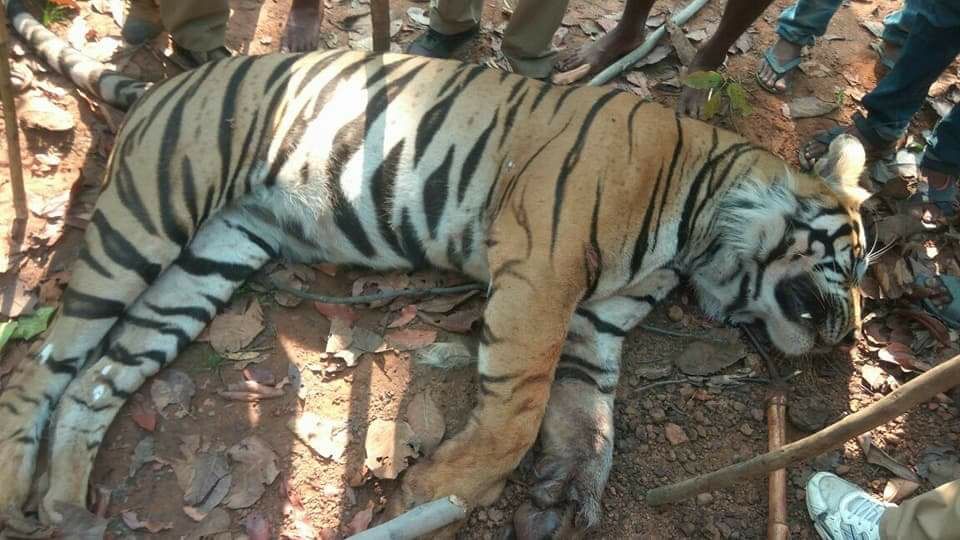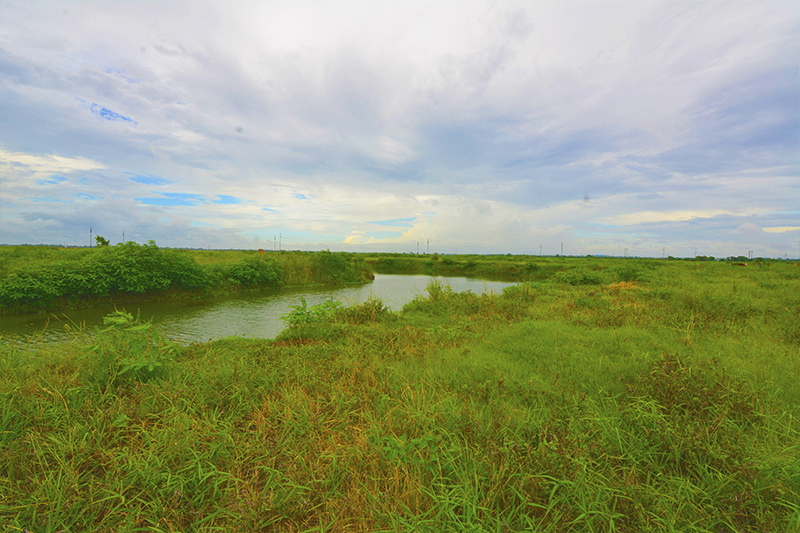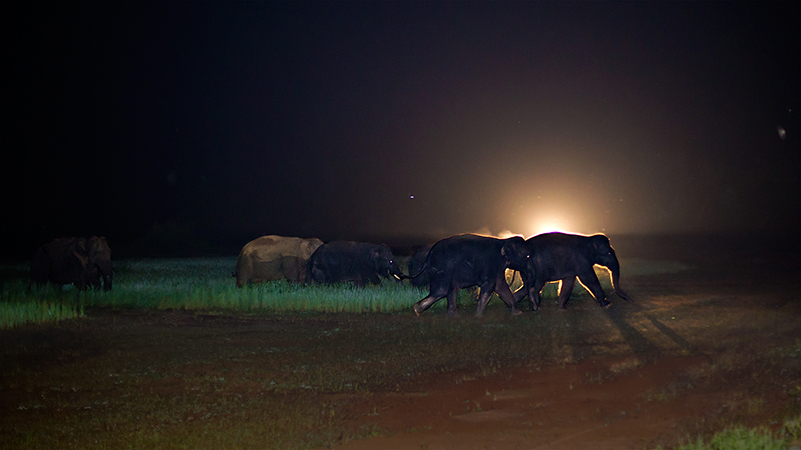HEAL is involved with three primary initiatives
Species Protection

It is a well-known fact that a substantial population of wild species exist outside the purview of protected areas, in close proximity to human settlements. While action plans exist in India for conservation of megafauna (e.g. tiger) inside protected areas, there are hardly any mechanisms for preserving species outside of protected areas, particularly lesser-known species which form part of our urban, semi-urban and rural landscapes. To this end, HEAL works with law enforcement agencies to facilitate implementation of wildlife protection laws, conducts rescue and rehabilitation of wild animals, undertakes surveys to study distribution of species and educates communities regarding the importance of preserving wildlife.
Habitat Conservation

While a large chunk of India’s wildlife reside in habitats outside of protected areas, these landscapes are being rapidly encroached upon to make way for unplanned developmental activities. Protection of habitats is crucial if species are to be conserved in the long run. In fact, any long term conservation initiative must factor in ways of protecting the habitats of the target species. Unless timely actions are taken, threatened habitats may change irreversibly, thereby adversely impacting the wildlife dependent on them. HEAL aims to protect natural habitats in human dominated areas, that are rich in wild flora and fauna. Our current focus is on the preservation of Dankuni wetlands in Hooghly, West Bengal, through litigation and policy action.
Human Animal Conflict Mitigation

In India, historically sharing of common spaces by humans and wild animals has been largely characterized by peaceful coexistence. In current times, however, with shrinking of natural habitats and depleting resources, the dynamics of human-wildlife interactions are changing fast. Conflict situations are increasing at an alarming rate, leading to loss of lives on both sides. Species like leopards and elephants are paying a heavy price for mismanagement of conflict situations. Mitigating this threat needs a pluralistic approach using science, activism, law and education. HEAL is working in collaboration with other conservation groups to mitigate human-elephant conflict in South Bengal.





